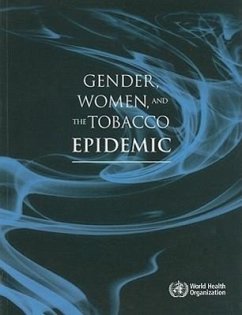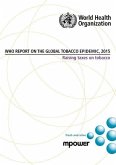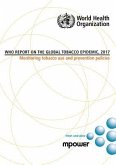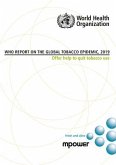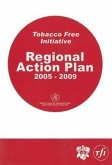The numbers of women who use tobacco and who are exposed to second-hand smoke, especially in poor communities, are expected to increase in the coming decades. This will have enormous adverse effects on households' financial status and family health. This monograph makes an important contribution to our scientific understanding of tobacco use among women. It also provides an analytical framework for promoting a gender perspective in policy-making. This monograph helps to assess the current situation, identifies gaps in research and offers solutions that must be heeded to prevent an epidemic of the gravest order. It contains four sections: Tobacco Use and Its Impact on Health; Why Women and Girls Use Tobacco; Quitting; and Policies and Strategies. Topics covered include determinants of starting to use tobacco, exposure to second-hand smoke, the impact of tobacco use on health, the nature of addiction and cessation, and treatment programs, as well as policy issues involving economic and tax measures, gender analyses and human rights.
Hinweis: Dieser Artikel kann nur an eine deutsche Lieferadresse ausgeliefert werden.
Hinweis: Dieser Artikel kann nur an eine deutsche Lieferadresse ausgeliefert werden.

